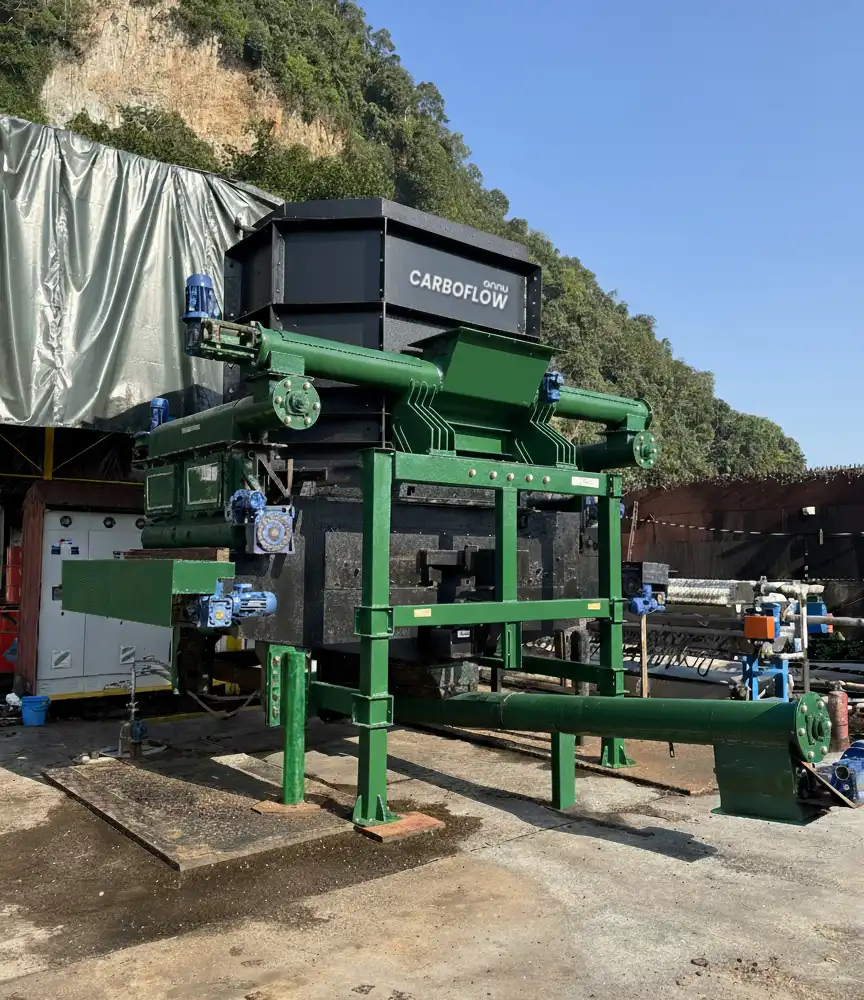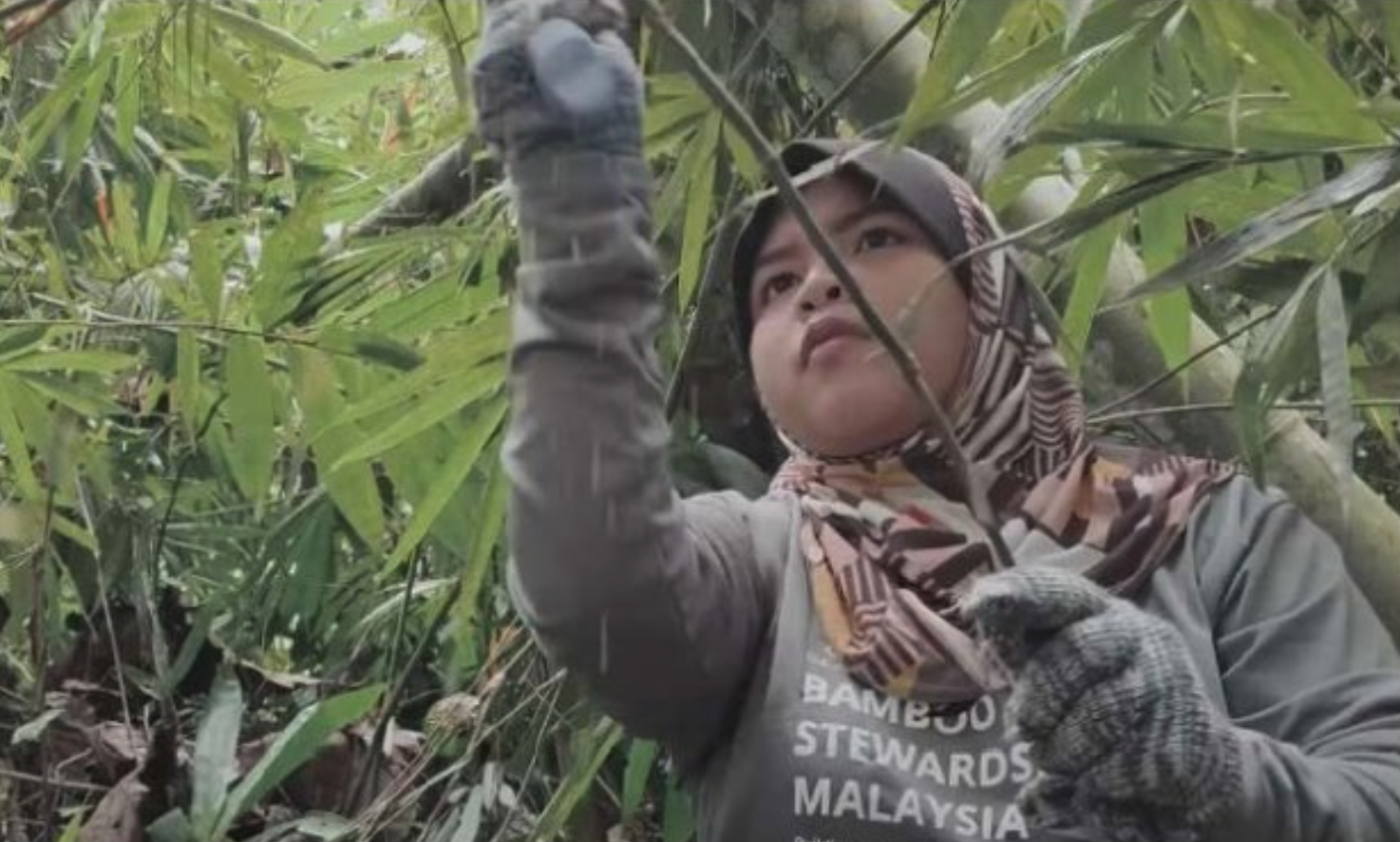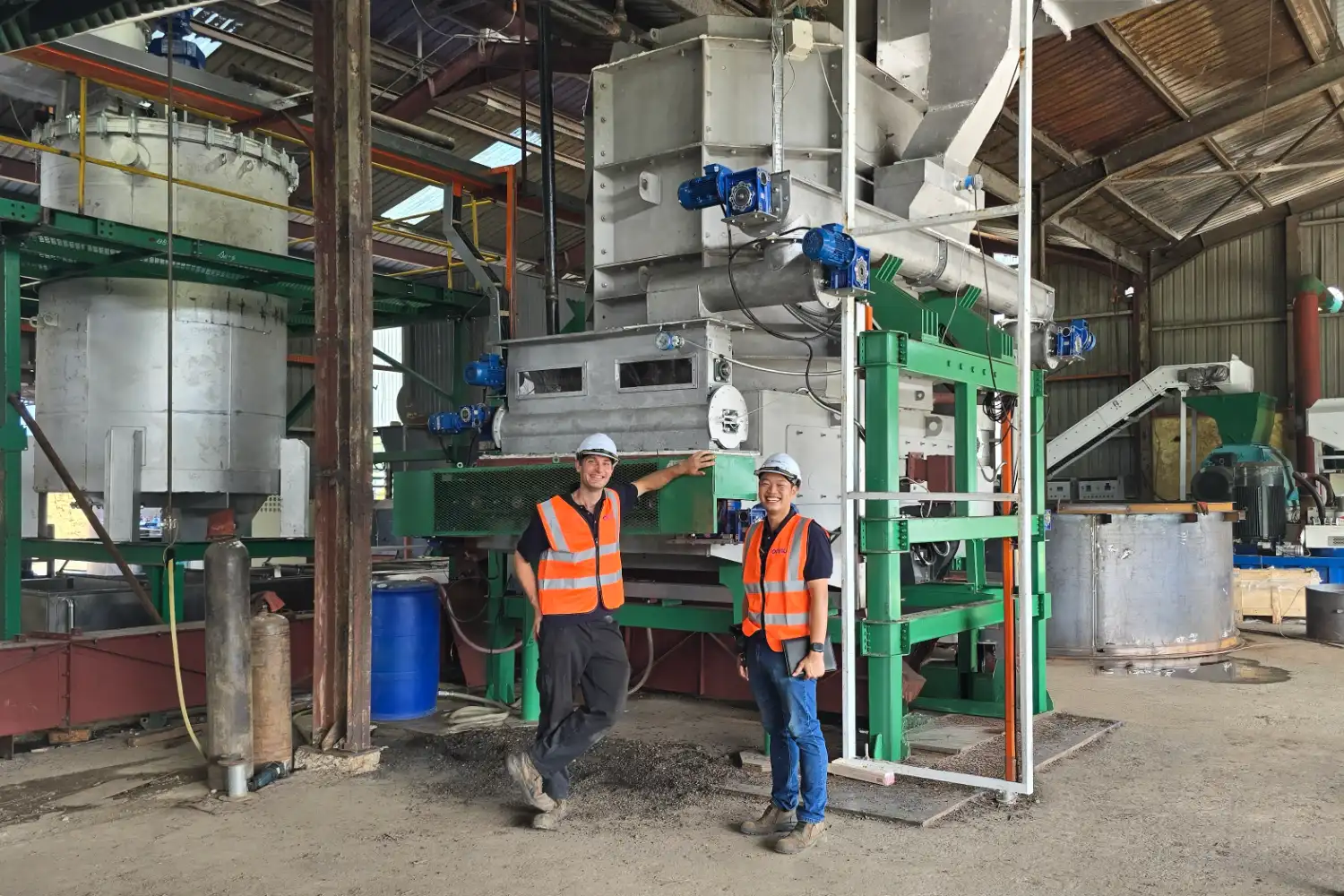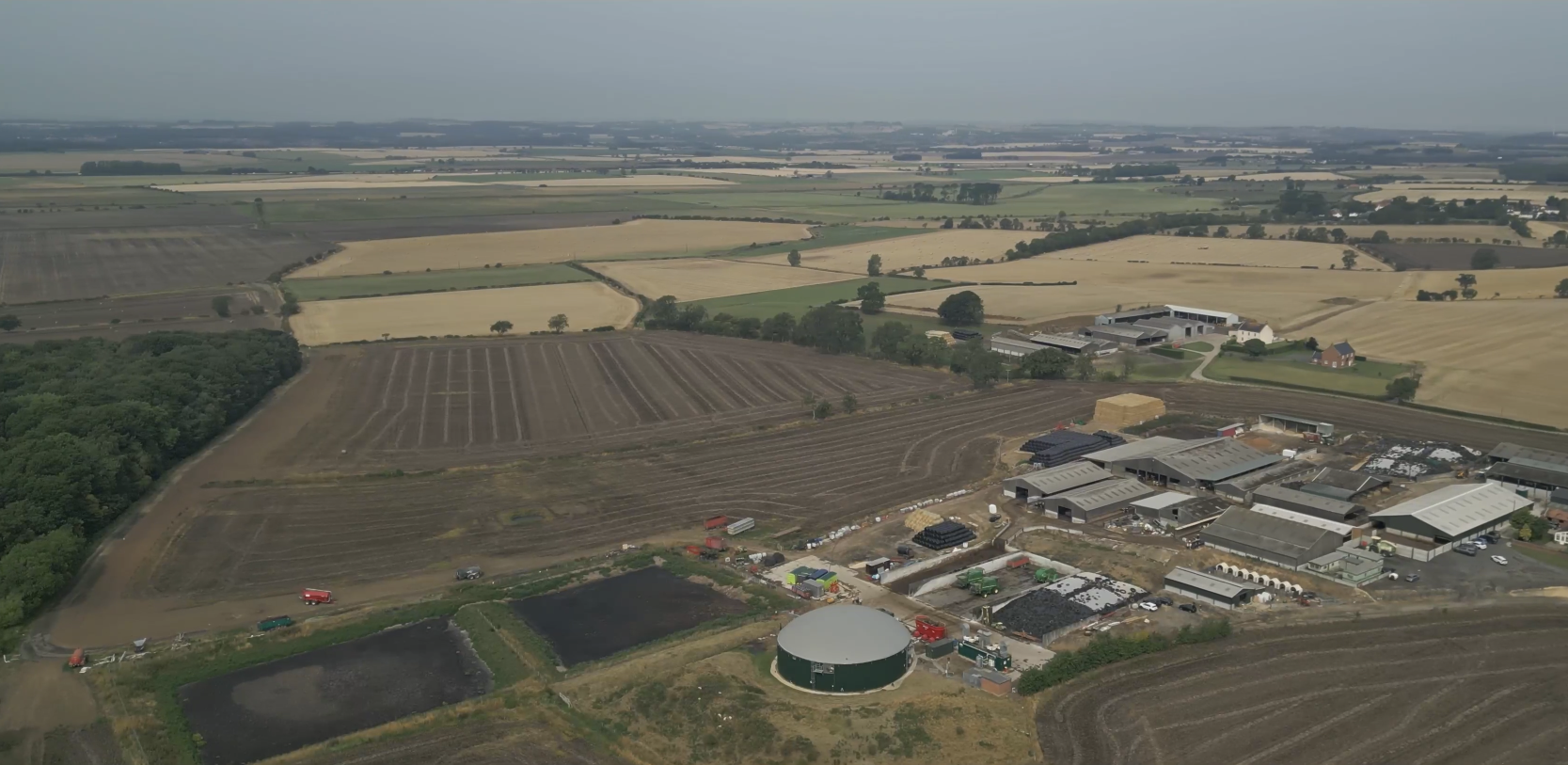SEAD
Transforming bamboo biomass into climate-positive impact.

SEAD
Pyrolysis of palm, bamboo and agricultural residues to produce biochar, carbon credits and green energy for reducing fertiliser dependencies and meeting day-to-day energy requirements.





Project Summary
As part of SEAD’s commitment to building a truly sustainable bamboo supply chain in Malaysia, they faced a challenge: what to do with vast amounts of underutilised bamboo biomass. After consulting with Onnu, SEAD installed a single CarboFlow unit - providing a scalable solution perfectly matched to their feedstock needs.
By installing Onnu’s CarboFlow, SEAD are:
- Producing over 1,185 tonnes of premium biochar for soil restoration and sustainable agriculture.
- Generating 1.4 MW of renewable heat that is fully utilised at their plant.
- Permanently removing 2,757 tonnes of CO₂, with eligibility for verified carbon credits.
Stewards of Environmentally-Aware Development (SEAD) are harnessing bamboo as a sustainable material for construction, land restoration, and community development. Through their Bamboo Stewardship Malaysia (BSM) framework, they work directly with rural communities to harvest and process bamboo in ways that regenerate ecosystems, empower cooperatives, and create long-term livelihoods.
A major challenge that SEAD were struggling to address was that large volumes of bamboo biomass were going unused. With Onnu’s CarboFlow technology, the biomass problem has been turned into a valuable asset. By converting the bamboo residues into biochar and renewable heat, SEAD is maximising the value of every bamboo harvest, ensuring no resource goes to waste.
Because SEAD’s supply chain is fully traceable and deforestation-free, the biochar produced is both climate-positive and ethically sourced. The impact is shared: carbon is locked away, soils are revitalised, and local communities benefit from new economic opportunities.
Importantly, SEAD allocates 30% of the biochar produced back into their own regeneration projects. Applied as a soil amendment, the biochar improves nutrient retention, restores fertility to ex-industrial land, and accelerates reforestation. This creates a powerful cycle - bamboo restores degraded land and the resulting biochar accelerates further land regeneration.
Beyond the environmental benefits, the project has a strong community dimension. SEAD runs training and support programmes to equip local farmers with the knowledge and skills to produce and apply biochar. This hands-on capacity-building helps bridge the gap in access to sustainable agriculture practices while ensuring the benefits remain rooted in the communities that steward the land.
By converting an untapped byproduct into a high-value, circular resource, SEAD is now closing the loop on bamboo biomass residues, while multiplying the environmental and social benefits of its projects.






